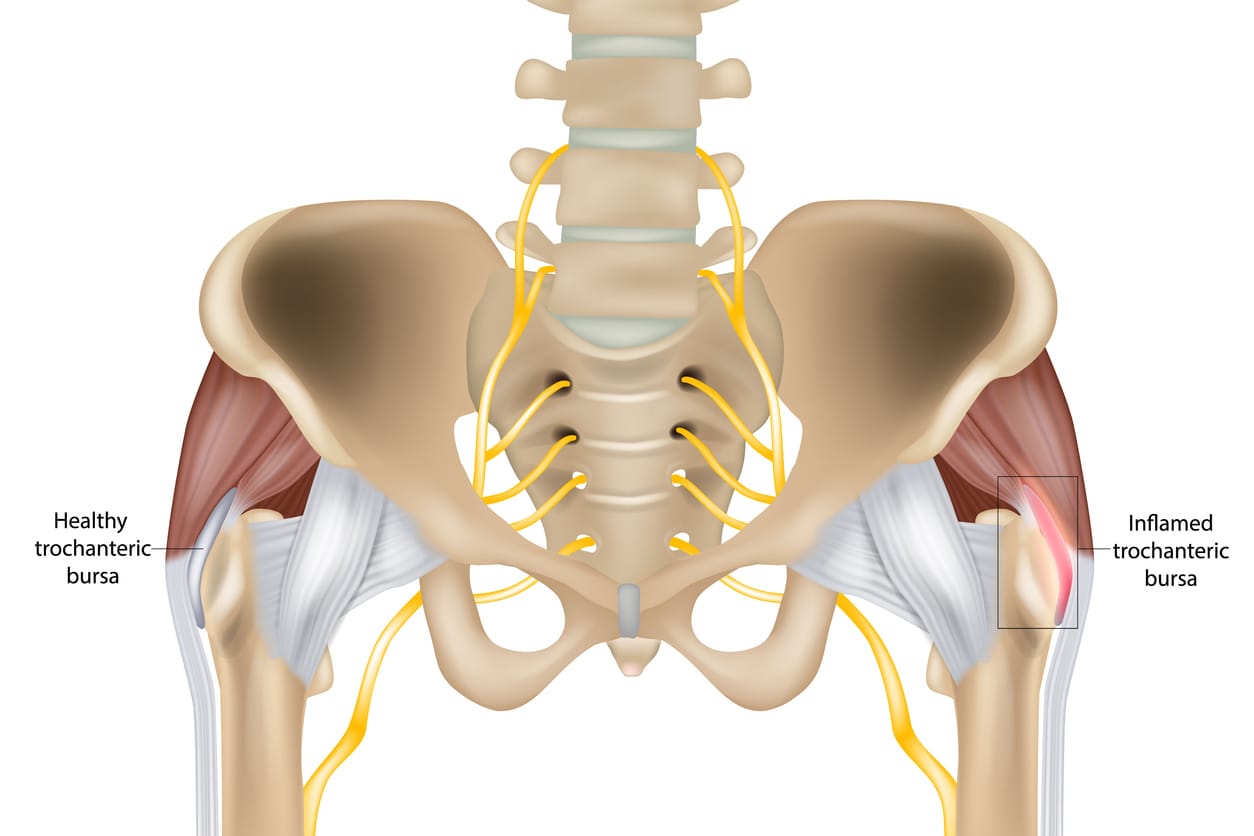
Lifestyle Medicine is an emerging medical specialty that emphasizes the use of evidence-based lifestyle therapeutic approaches to prevent, manage, and even reverse chronic illnesses. This holistic healthcare practice focuses on foundational lifestyle factors such as nutrition, physical activity, sleep, stress management, substance avoidance, and social connectivity.
The discipline dates back to the early 1980s when epidemiologist Dr. Ernst Wynder first popularized the term “Lifestyle Medicine” during his research at Memorial Sloan-Kettering Cancer Center in New York. His pioneering studies on tobacco and cancer laid the groundwork for modern lifestyle-related health interventions.
Core Principles and Practices
Lifestyle Medicine revolves around six primary pillars, each integral to maintaining or achieving optimal health:
- Nutrition: Advocating for whole-food, plant-predominant diets, Lifestyle Medicine emphasizes foods that are minimally processed, rich in nutrients, and predominantly derived from plants.
- Physical Activity: Regular physical movement is foundational. The World Health Organization (WHO) recommends at least 150 minutes of moderate-intensity physical activity weekly for adults, highlighting how regular exercise significantly lowers risks for cardiovascular disease, diabetes, and obesity.
- Sleep Hygiene: Quality sleep is considered crucial. Adequate and consistent sleep is scientifically shown to boost immune function, regulate mood, and enhance cognitive performance.
- Stress Management: Chronic stress is directly linked to numerous chronic health issues. Techniques such as meditation, mindfulness, and yoga are regularly incorporated to manage stress effectively.
- Avoidance of Harmful Substances: Lifestyle Medicine strongly advocates abstaining from tobacco, limiting alcohol consumption, and avoiding other harmful substances to minimize health risks.
- Social Connectedness: Maintaining strong, positive social relationships is a critical but often overlooked aspect of overall health. Research consistently demonstrates that social connectivity improves longevity and enhances quality of life.
In April 2025, groundbreaking research published in Nature Medicine made headlines globally by demonstrating that intensive lifestyle-based interventions to reduce high blood pressure could lower dementia risk by approximately 15%. This landmark study from the University of Oxford underscores the significant role lifestyle modification can play not only in physical but also cognitive health.
Dr. Shireen Kassam, a prominent British hematologist and Lifestyle Medicine practitioner, has been a key advocate for dietary changes that combat chronic diseases. As founder of Plant-Based Health Professionals UK, she has been instrumental in promoting the message that nutritional changes alone can substantially alter disease trajectories. Her influential work highlights how impactful lifestyle choices can be, epitomized by her frequently quoted phrase:
“Food can either be the safest and most powerful form of medicine or the slowest form of poison”.
The effectiveness of Lifestyle Medicine is increasingly documented through substantial statistical evidence. The American College of Lifestyle Medicine states that approximately 80% of all chronic diseases are linked to lifestyle factors and thus potentially preventable through lifestyle modifications. Chronic diseases like heart disease, stroke, and diabetes remain the leading causes of mortality worldwide, underscoring the importance and urgency of lifestyle-based healthcare.
The Blue Zones project, initiated in regions like Okinawa, Japan, and Sardinia, Italy, has offered substantial insights into lifestyle-based health interventions. Residents in these areas exhibit remarkably higher longevity and lower chronic disease rates, attributed directly to their lifestyle choices. These findings have inspired health programs worldwide to incorporate similar lifestyle practices to replicate such exceptional health outcomes.
Conclusion
Lifestyle Medicine echoes the old adage: “Prevention is better than cure“. This idiom encapsulates the essence of lifestyle medicine, emphasizing proactive measures over reactive treatments. By focusing on lifestyle changes rather than relying solely on pharmacological interventions, practitioners aim to empower patients with sustainable tools for long-term health.
Lifestyle medicine is not (and least likely ever become) a passing trend – it’s a fundamental shift in how we approach health. By focusing on prevention and empowering people to take control of their well-being, this model offers a sustainable path forward. As more people and health systems around the world embrace these principles, the potential to transform public health and enhance lives is both real and within reach.



